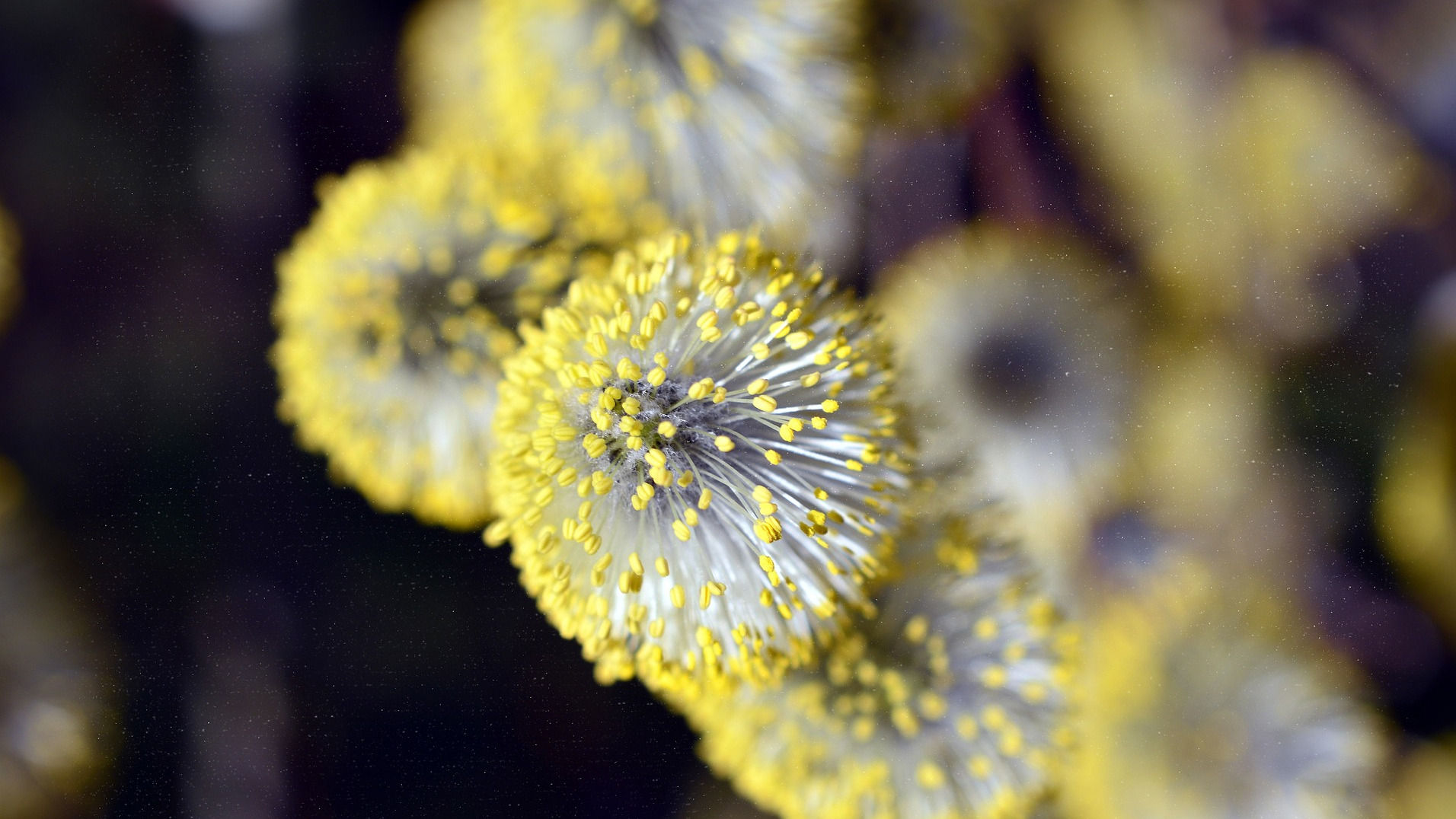Natural Remedies for Allergens
Allergies affect millions of people and can range from mildly irritating to life-threatening. Understanding the root cause is essential for proper treatment and long-term relief.
Allergies are caused by allergens- substances that trigger immune system reactions in sensitive individuals. These reactions can range from sneezing and watery eyes to skin rashes, digestive problems, or even anaphylaxis. Everyone's body reacts differently, and the severity can vary from mild to severe.
Common allergens include pollen, dust mites, pet dander, mold, latex, certain foods (like peanuts, shellfish, dairy, and eggs), insect stings, and medications. Environmental changes, genetics, and even pollution levels can all influence the onset and severity of allergies.
While allergies often appear seasonally (such as hay fever in spring), others are year-round or lifelong, such as food allergies. Because symptoms can overlap with other conditions, seeing a doctor for diagnosis is a good first step. A specialist may perform a skin prick test, blood test, or elimination diet to identify your triggers.
When to See a Doctor
If symptoms are severe, persistent, or interfere with daily life, it’s essential to consult a healthcare provider. Signs that require immediate attention include difficulty breathing, swelling of the face or throat, chest tightness, or fainting; these could signal a life-threatening anaphylactic reaction.
Over-the-Counter (OTC) Remedies for Allergies
Many people find relief using OTC treatments, which include:
- Antihistamines (like loratadine, cetirizine, or diphenhydramine) to reduce sneezing, itching, and a runny nose.
- Nasal corticosteroids (like fluticasone or triamcinolone) to relieve inflammation and congestion.
- Decongestants (such as pseudoephedrine or oxymetazoline) for short-term nasal relief. Avoid prolonged use.
- Eye drops for itchiness or redness related to allergens.
Lifestyle Tips for Allergy Prevention
- Keep windows closed during high pollen seasons, especially on windy days.
- Shower and change clothes after spending time outdoors to remove pollen.
- Wash bedding in hot water weekly to kill dust mites.
- Use hypoallergenic pillows and mattress covers to reduce exposure to dust and dander.
- Keep pets out of bedrooms if pet dander is a trigger.
- Reduce indoor humidity to discourage mold growth.
- Avoid smoking or exposure to secondhand smoke, which can worsen allergies.
When to Avoid Certain Remedies
Natural doesn't always mean safe. Avoid using herbal remedies like butterbur or quercetin without checking with a healthcare provider, especially if you're pregnant, nursing, or taking other medications. Individuals with asthma should also avoid steam therapy if it worsens breathing symptoms.
First Aid for Severe Allergic Reactions
If someone is experiencing a severe allergic reaction (anaphylaxis), here's what to do:
- Call 911 immediately.
- Use an epinephrine auto-injector (like an EpiPen) if available.
- Lay the person flat and elevate their legs unless they are having trouble breathing, in which case they should sit up.
- Do not give food or drink.
- Stay with them until help arrives.
Always seek emergency care, even if symptoms improve after using epinephrine. Reactions can return.
Home Remedies for Allergens
Managing allergies starts with understanding your triggers. While medical treatment is often necessary, many people find relief through natural home remedies, dietary adjustments, and lifestyle changes. Always work with a healthcare provider when trying new remedies, and keep first aid knowledge up to date in case of emergencies. With consistent care and a personalized approach, living with allergies can become much more manageable.
While OTC treatments are helpful, many people prefer natural approaches or use them alongside medication. Here are some well-supported home remedies for managing allergens:
Saline Nasal Rinse
A neti pot or saline spray can flush out allergens from your nasal passages. This helps reduce congestion and prevent inflammation. Use sterile or distilled water to avoid introducing bacteria.
HEPA Filters
Installing HEPA filters in air purifiers and vacuums helps remove airborne allergens, including pollen, pet dander, and mold spores. Keeping your home air clean can significantly reduce symptoms.
Castor Oil (with Caution)
Some natural health practitioners suggest using castor oil internally to support the immune system and detoxification. If used, take no more than a teaspoon diluted in juice and only under the supervision of a healthcare provider. Clinical studies do not widely support the use of this remedy.
Quercetin
Quercetin is a natural antihistamine found in apples, onions, and broccoli. It can also be taken as a supplement. It helps stabilize mast cells and prevent them from releasing histamine, the chemical that triggers allergy symptoms.
Probiotics
Maintaining a healthy gut may help regulate immune responses. Taking probiotics or eating fermented foods like yogurt, kefir, and sauerkraut can improve gut health and potentially reduce allergic reactions.
Local Honey
Though evidence is limited, some believe that eating local honey may help the body build resistance to regional pollen. Add a teaspoon to tea or breakfast, but never give honey to children under 1 year old.
Lime Water
Drinking warm water with fresh lime juice in the morning is believed to help detoxify the body and support liver health, potentially minimizing allergic responses. Add a teaspoon of honey for taste.
Steam Inhalation
For congestion and sinus discomfort, inhale steam with essential oils like eucalyptus or peppermint. Add a few drops to hot water, cover your head with a towel, and breathe deeply for 10 minutes.
Apple Cider Vinegar
Some people report symptom relief from drinking diluted apple cider vinegar (1–2 teaspoons in water) daily. It may help break up mucus and support immune function. Be cautious if you have acid reflux or stomach issues.
Vitamin C
Vitamin C is a natural antihistamine and anti-inflammatory. Boost your intake with citrus fruits, bell peppers, and supplements to help reduce allergic responses.
Butterbur
This herbal remedy has shown promise in some studies for relieving hay fever symptoms. Look for PA-free butterbur supplements, as some forms can be toxic to the liver.


